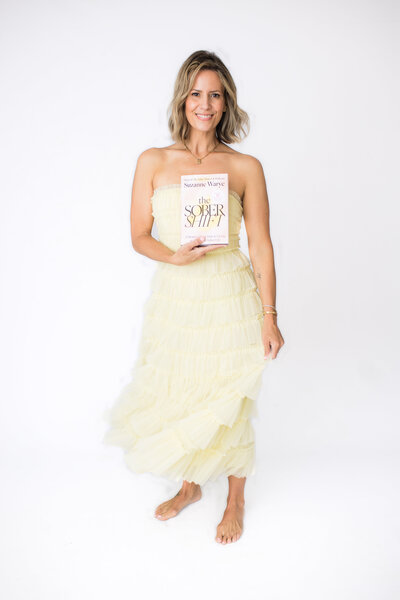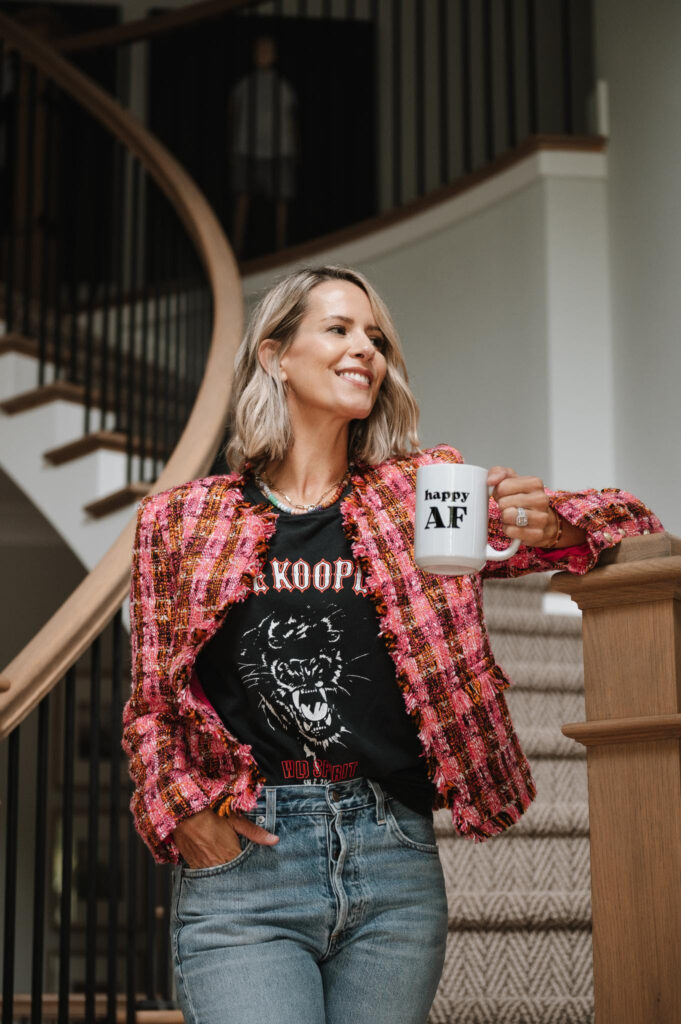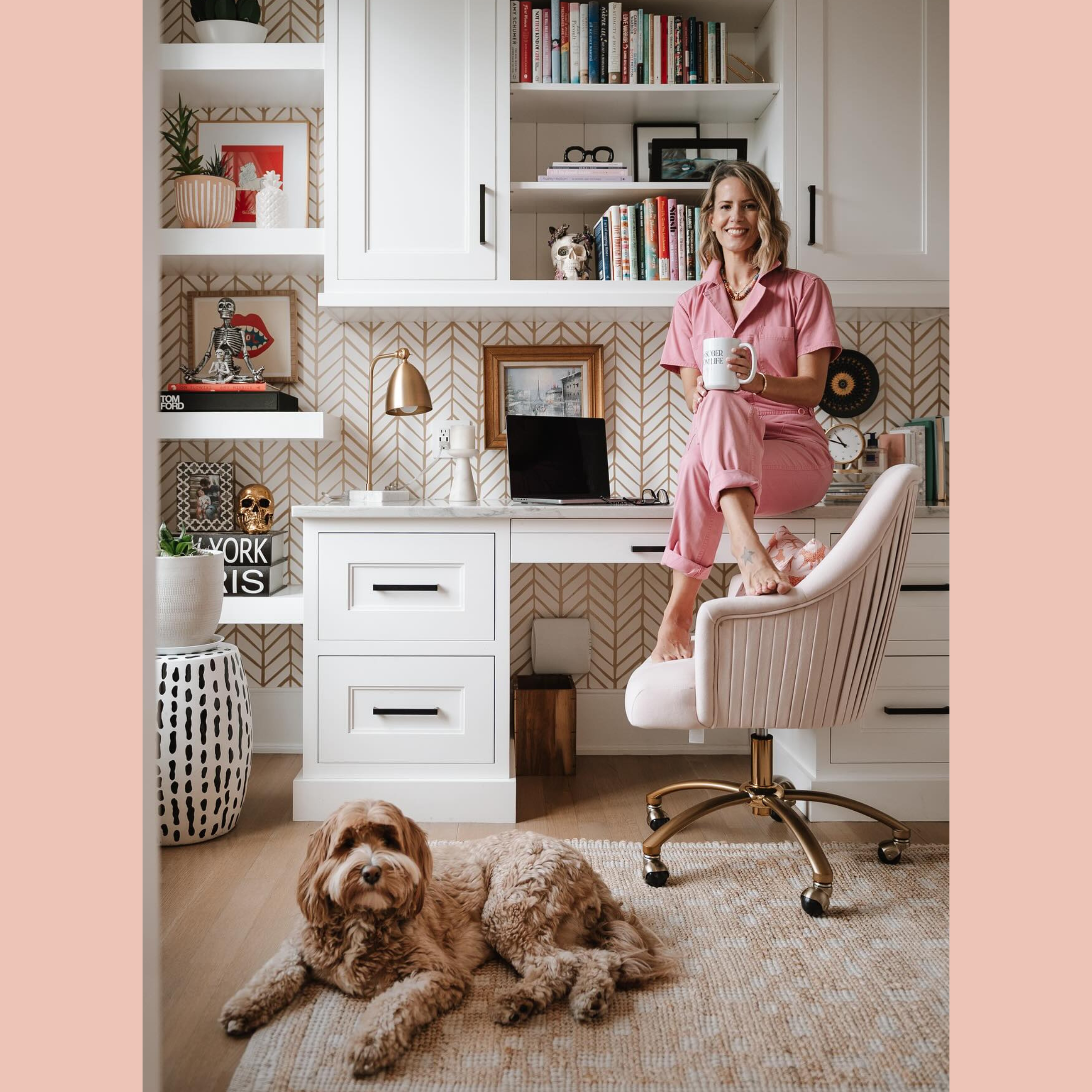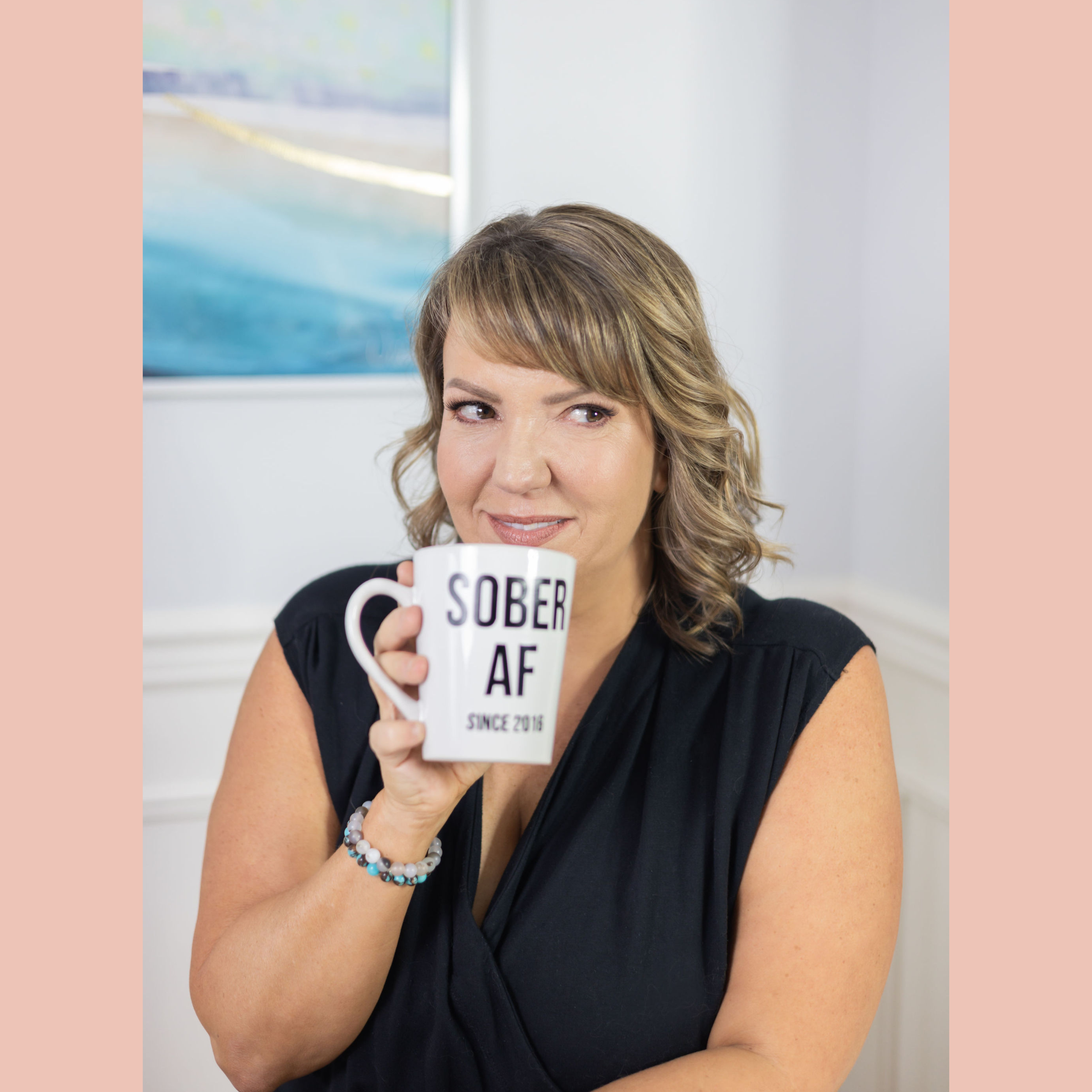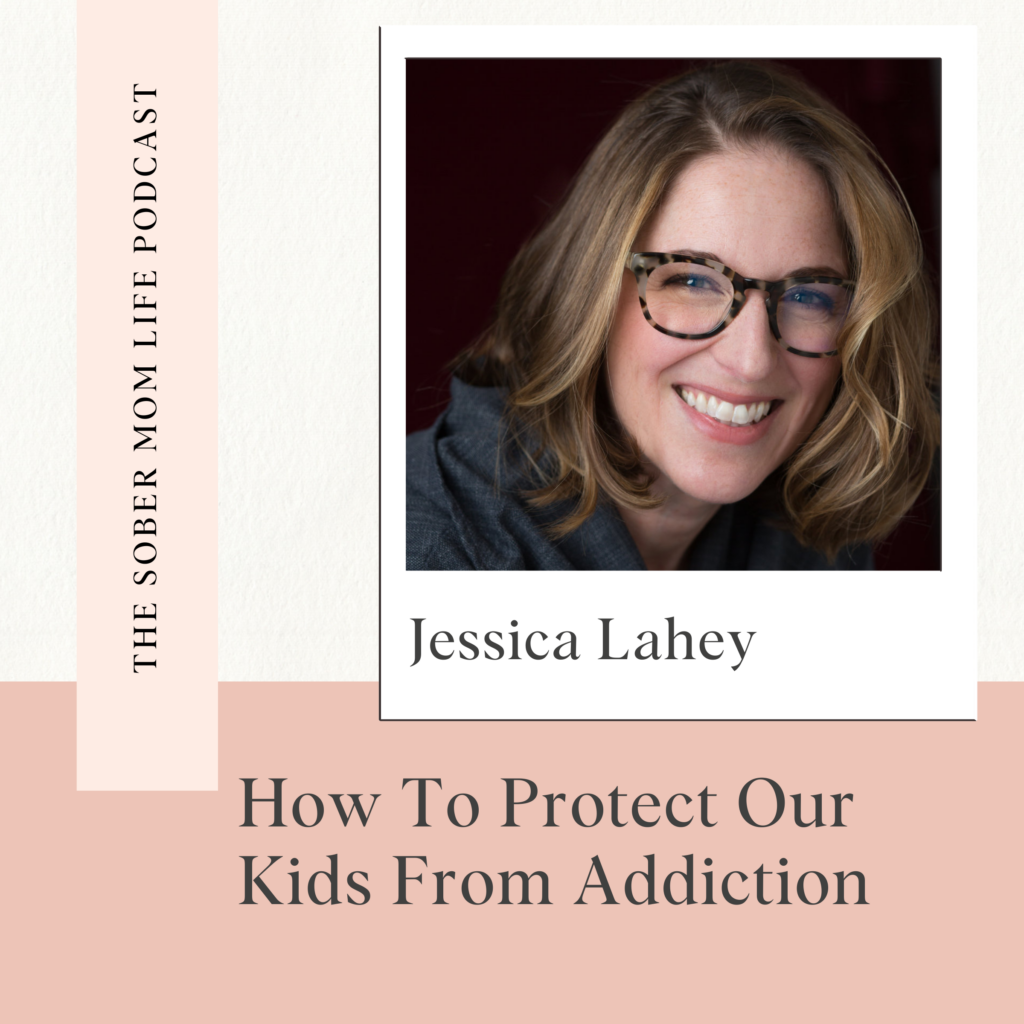
Today, I’m joined by author Jessica Lahey to tackle one of the biggest topics in our community: How do we keep our kids safe from the trick of alcohol?
This conversation is so important and enlightening!
Jessica shares about her own sobriety journey while also giving us so much knowledge about the risk factors for substance abuse, practical tips on how to talk to your kids about alcohol, and so much more.
Get your copy of Jessica Lahey’s book, Addiction Inoculation: Raising Healthy Kids in a Culture of Dependence here:
MORE RESOURCES FOR KEEPING YOUR KIDS SAFE
The CDC – Kaiser Permanente ACE study
The Deepest Well by Nadine Burke Harris
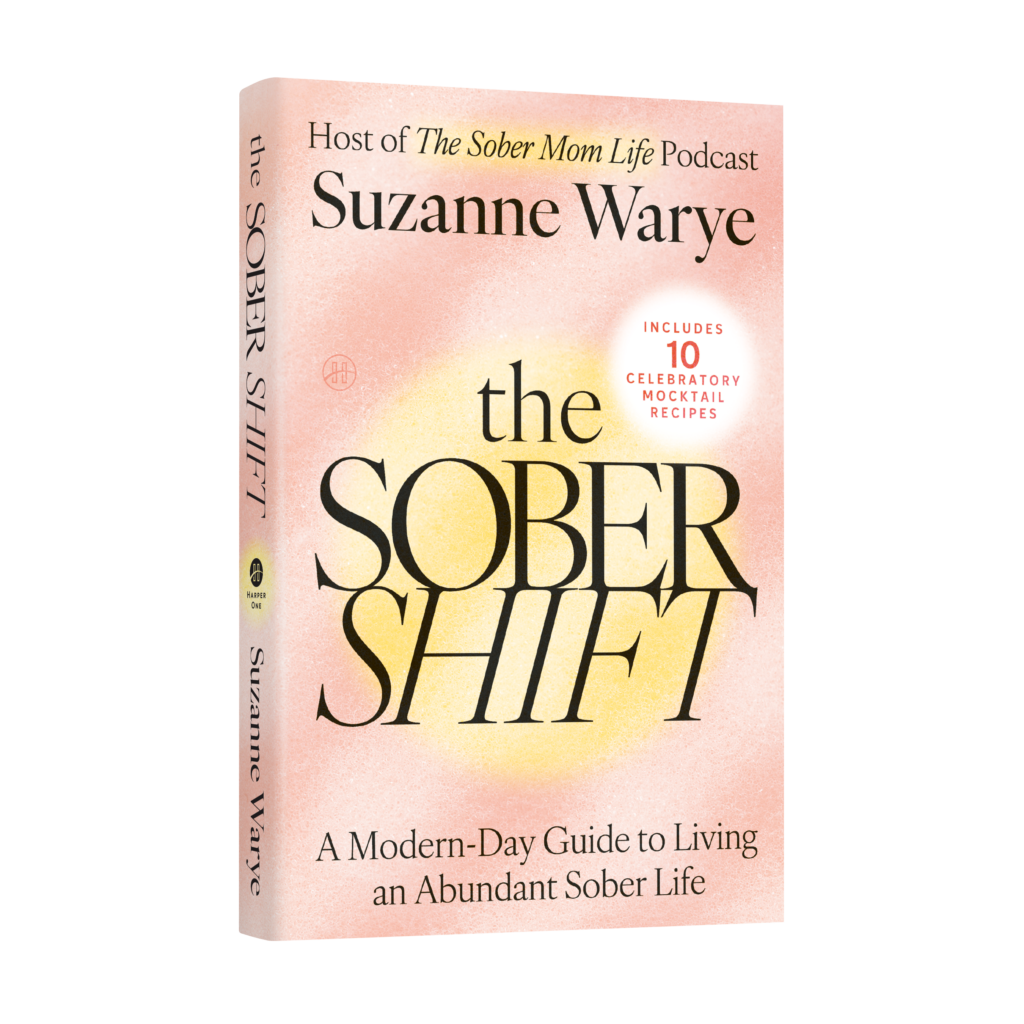
Pre-orders are available for my book! Sober Shift: A Modern Day Guide to Living an Abundant Sober Life hits shelves on September 30th, 2025.
Pre-order your copy here: https://suzannewarye.com/book
LISTEN TO THE EPISODE
FIND COMMUNITY IN SOBRIETY
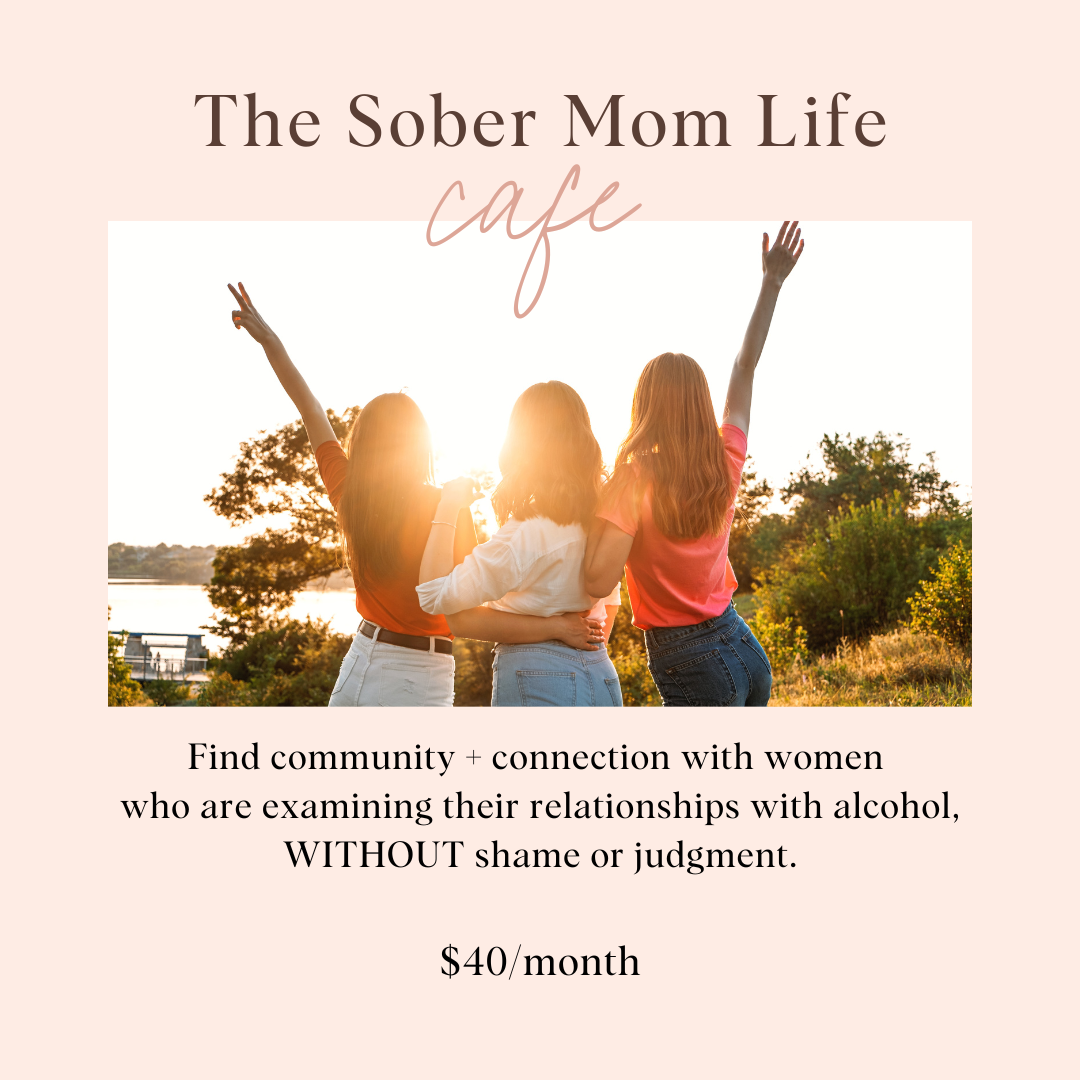
I am so grateful to The Sober Mom Life Cafe for giving me (and so many other amazing women!) a community I can lean on. Are you looking for community in sobriety? Join us! For $40/month, you’ll get access to 12 weekly peer support meetings, the exclusive Cafe social feed, our monthly book club, happy hour, the chance to share your story on The Real Sober Moms, and more! Get one week free at this link!
